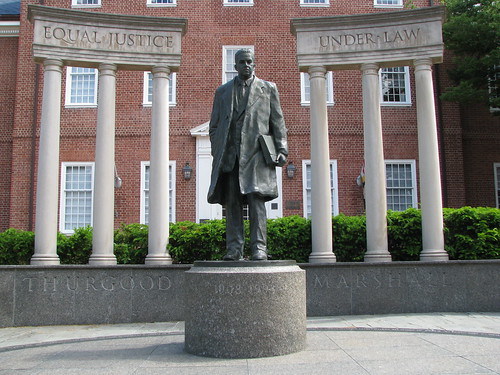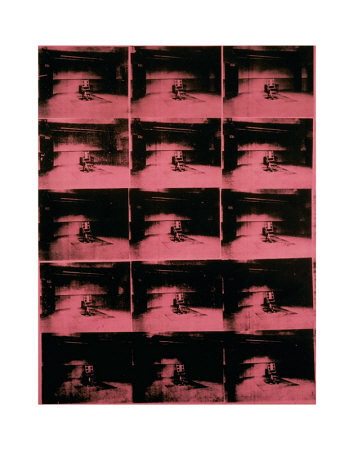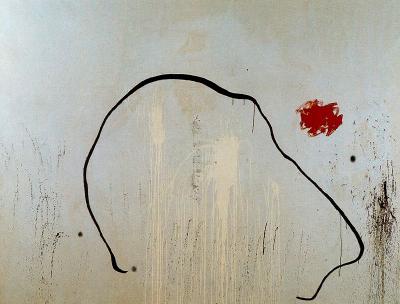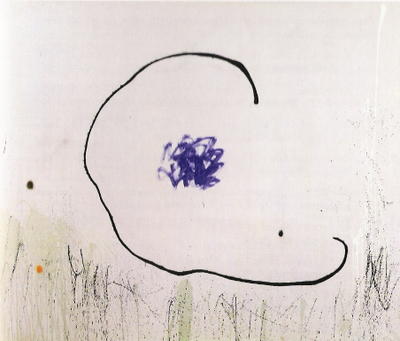
Filmmaker John Waters has bravely, and perhaps inadvertently, waded into the debate over life imprisonment in America by publishing
an essay on the Huffington Post about his friend, Leslie Van Houten, a former "Manson girl" serving a life sentence in California for the 1969 murder of Leno and Rosemary LaBianco. (He also discussed the essay on
Fresh Air.) Waters was, admittedly, ghoulishly interested in Manson's followers when he first started corresponding with Van Houten over two decades ago. But they became friends over the years and this relationship has convinced Waters that Van Houten is a changed woman from the 19 year old who followed Manson and took part in an awful murder.
Waters asks good questions about his friend's ability to atone for what she had done:
Will there ever be a "fair" answer to how Leslie should pay for these crimes? Can you ever recover from being called "a human mutant" or a "monster" by the government, especially when you know that they were right at one time in your life? How can you feel optimistic about your own rehabilitation when you see yourself reproduced as a bald-headed dummy with an X carved in your head in Madame Tussaud's Wax Museum? How do you begin to deal with the pain of the victims' relatives when the world has turned your former image into a Halloween costume?
With patience.
And he makes clear that during her long incarceration that she has made an effort to become the best person that she can be inside prison walls by finishing her college education and getting her masters degree, teaching illiterate women to read, making a portion of an AIDS quilt and bedding for the homeless, recording books on tape for the blind, and ably working all of the jobs that have been assigned to her.
We keep people locked up for a range of reasons - to keep them from offending again, to send a message to the community about the consequence of criminal behavior, to punish because we feel like their conduct merits our reprobation, to provide an opportunity for the offender to reform themselves.
Van Houten's punishment, her forty years in prison, has abundantly accomplished each of these things.
The question that remains for us as a society is whether all this is enough, whether the fact that her continued incarceration only serves to punish her for something that cannot be undone, that happened so long ago, reflects our values. Put another way, do we believe that people who do awful things can do anything to merit our forgiveness when we know that their acts will be unable to bring back the dead, to erase their past wrongs.
Can we follow the example of the Amish, as Waters offers, and give up our right to revenge, feelings of resentment, bitterness, and hatred, and replace them with compassion?
Van Houten seems like a remarkable woman whose crimes are in her distant past and who merits such compassion but she is not unique in that, and will become less so in the coming years, given the fact that "life without the possibility of parole"
has become a widespread punishment over the past thirty years. The questions posed by Van Houten's possible release will have to be answered over and over in the coming years.
Waters' essay is a powerful expression about the possibility of human atonement and forgiveness and ought to help each member of the parole board see beyond Van Houten's forty year old crime and understand that if he "knew her the way I know her, he wouldn't be afraid anymore. He might even ask her to baby-sit his kids. Her crime was a long, long time ago and she has paid her dues to society. I hope Leslie Van Houten can be given a second chance."
For all of the men who I have met who I hope will someday walk out the prison gates, get
cut a little slack and a second chance at life, I hope so too.















